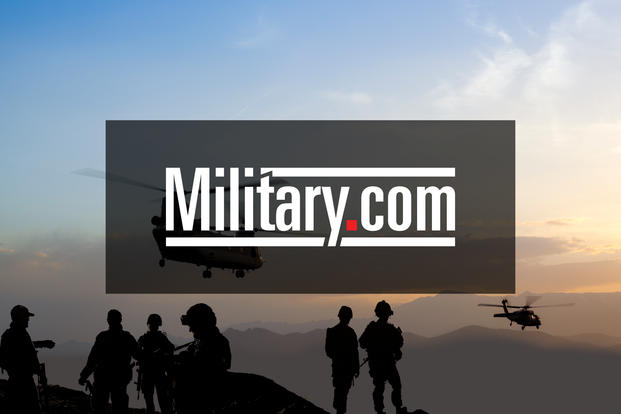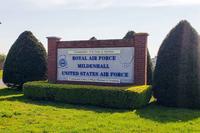With the war in Afghanistan ending, U.S. Special Operations Command needs to scale back its commando-mission focus and become more aggressive at building strategic relationships around the world, according to Washington-based think tanks testifying before Congress.
Over the past decade, special operations forces, or SOF, have enjoyed substantial growth and are slated to increase 71,000 personnel. But as defense spending shrinks, SOCOM leaders are struggling to define the future role its elite units will play in the global military landscape.
SOF experts from three military think tanks told lawmakers Wednesday that SOCOM needs to move away from its focus on direct-action skills needed for high-risk, precision missions such as the raid that killed Osama bin Laden. Instead, SOF should return to the indirect, partnership-building operations that units like Army Special Forces were created to perform.
"What is clear to me is that SOCOM should do a much better job than it has been doing on the institutional side . . . that is where long-term strategic impact comes," Linda Robinson, an adjunct senior fellow at the Council on Foreign Relations, said at a July 11 hearing before the House Armed Services Committee's Emerging Threats and Capabilities subcommittee.
"SOCOM and SOF have accomplished some amazing things over the past decade, but there has been something of an operator mentality; the focus has been on tactical proficiency and raising that to the highest level possible. I think it is now time for SOF to rebalance from this largely tactical and operational focus to concern itself more with the institutional development of SOF that will become more strategic in its thinking and more strategic in its development of its leadership."
Robinson has spent 27 years researching various conflicts and is currently involved in a study of the future of special operations forces.
The nature of evolving challenges ahead will require the U.S. to use SOF in a more proactive role, developing partnerships with foreign militaries around the world, experts said. SOF needs to rebuild the language and cultural skills that have declined over the past decade with the majority of its efforts being focused on Iraq and Afghanistan, said Christopher J. Lamb, distinguished research fellow at the Center for Strategic Research Institute for National Security Studies at National Defense University.
But returning to this indirect action approach will be a challenge and require "training and SOF education programs to start elevating the importance of the indirect approach, so it is not treated as a second-class set of missions to the direct," said Jacqueline K. Davis, executive vice president for the Institute for Foreign Policy Analysis.
Making the indirect approach to be perceived to be as important as direct may call for the development of another three-star command for irregular warfare that's equivalent with Joint Special Operations Command, a command charged with standardizing equipment for SOF units as well as developing tactics and training, Davis said.
Another approach is for SOCOM to assume more control over Theater Special Operations Commands, or TSOCs. These regional commands would remain under the direct control of the Geographic Combatant Commander, but such a change would make it easier for SOCOM to shift resources from one theater to another when needed.
Rep. Allen West, R-Fla., a retired Army Lieutenant Colonel and 4th Infantry Division battalion commander in Iraq, said he was concerned that such as change could create problems for a combatant commander on the ground.
"Having been a commander in combat, the last thing I wanted was to have cowboys in my area of operations, operating independently without my understanding," he said.
Robinson said she was aware of these concerns and emphasized that giving SOCOM more control over TSOCs doesn't mean regional combatant commanders would be left out of the equation.
"This has got to be a collaborative process, or it is not going to work," She said.
Multi-year funding is also critical to enabling the success of long-term indirect campaigns, experts agreed. SOF units, accustomed to depending on the services for resources such as aviation support, will likely have to do more with less as conventional forces have to cut back on spending.
Subcommittee Chairman Mac Thornberry, R-Texas, questioned whether special operations forces will become overused in the future.
"A tremendous amount of publicity has been given to special operations, especially since the Osama bin Laden raid . . . and now everybody knows how good these folks are and the temptation is to have them do everything," he said. "And it looks like in Afghanistan, we are moving toward a situation where special operations is going to run the country from a military standpoint. Does that threaten some critical capabilities that nobody else can do?"
Davis agreed that there is the assumption that much of the burden in Afghanistan will fall to SOF after 2014, "but understanding what the training mission is needs to be spelled out more precisely . . . There's a lot of uncertainty."
West agreed, pointing out that there needs to be more clarity of SOF's future role in Afghanistan will be.
"If it's just to train the [Afghan National Army], you don't need special ops to train the ANA."
























